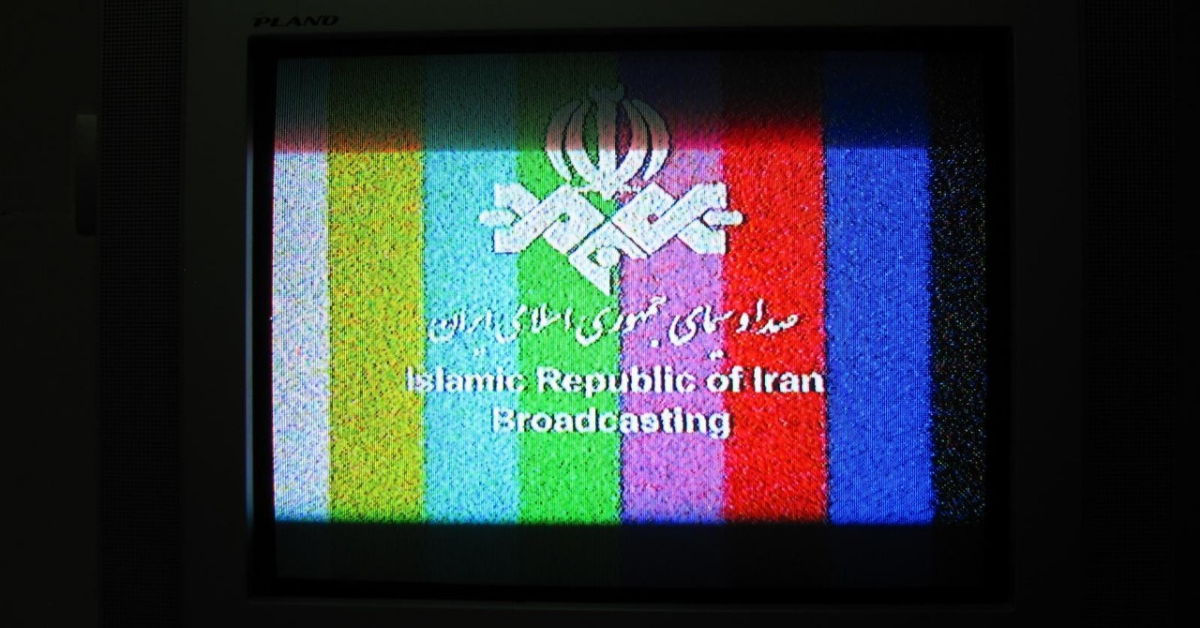Why Is Iran Shaking up Its Media?
A major reform of Iran’s media is underway as the country’s leadership wants to boost its influence, both at home and abroad. Yet, “the strategy designed to implement these changes is a mess”, local experts say.
In an attempt to better compete in the global news market, but also as a result of growing financial pressures, the Iranian government is revamping its media. The process includes closure of foreign desks, redistribution of state funding allocated to state media and plans to invest in cyber-operations aimed at influencing the political narrative on social media.
According to sources knowledgeable of the Iranian state media, the order to implement these measures came from the government’s upper echelons where there is “immense dissatisfaction” with the performance of the country’s state media, according to one journalist interviewed for this report.
“We’re talking about the very top,” the source said. “The country’s leadership wants its media to be more aggressive in propagating a more compelling narrative than its current content. They want something comparable to Russian or Chinese media that are driving large audiences both at home and abroad.”
Once the main source of news for Iranians, the Islamic Republic of Iran Broadcasting (IRIB), Iran’s flagship state media organization, has experienced a dramatic slump in viewership in recent years. The broadcaster’s focus on political propaganda, which doesn’t attract viewers, especially not young ones, coupled with its monotonous programming, alienated an increasing number of viewers in the past few years.
However, the newly adopted set of reforms are not likely to achieve the desired results simply because they lack coherence and logic, according to our sources. “They [the government] sack many journalists abroad and shut down foreign media operations, but then they increase the budget of some state media that haven’t been extraordinarily effective in driving audiences. It’s puzzling.”
According to various media reports, most of the foreign bureaus run by IRIB are being shut down and their staff made redundant. Only two of them, in London and New York, are likely to stay. In the past, another wave of closures of IRIB’s foreign bureaus, prompted by the financial problems faced at the time by the Iranian government, was conducted between 2012 and 2014. Before 2012, IRIB had operated a large network of foreign bureaus that spanned all continents.
The reduction of IRIB’s foreign operations is expected to save the Iranian government heaps of money. On the other hand, this year the government has massively increased the state funding allocations for IRIB, much more than the subsidies earmarked for other state media outlets.
“It is quite hard to understand such measures,” according to another journalist interviewed for this report. “They [these measures] are quite contradictory. Moreover, journalists working for other media are quite pissed off. They don’t understand a financial reform that saves money on the one hand to then waste it on the same organization.”
In 2022, IRIB is slated to receive some IRR 50tn (US$ 200m) from the state budget, an increase of more than 40% compared to the previous year. The state subsidy for IRIB in 2022 accounts for 90% of all funding doled out by the government to state media, according to local sources cited by Iran International, an independent news outlet. On top of that, IRIB generates some IRR 140tn annually through ad sales.
Despite this growing budget, IRIB in recent months has increasingly used content from its foreign channels, Press TV (in English) and Al-Alam (in Arabic), to fill its domestic schedules (and save costs).
IRIB enjoys a monopoly in the Iranian broadcasting industry. The country bans satellite broadcasting, yet many Iranians watch foreign television programs using various devices to catch satellite signals. The print media sector is more diverse and plural. Some outlets cover sensitive issues or sometimes publish stories that are critical of the authorities. However, they are all very cautious when it comes to various ultrasensitive topics. For example, opposition to the system of the Islamic Republic, the Supreme Leader or Islam can’t be under any circumstances discussed by the media.
The changes in the Iranian media scene have apparently been driven by government plans to bolster its efforts to disseminate propaganda on the internet. Several journalists interviewed for this report, who requested anonymity for fear of repercussions, indicated that the government is pushing IRIB to save by cutting its own operations and invest instead in launching content distribution channels, especially on social media, that would more effectively spread Iranian state propaganda. That resonates with the call, earlier this month, by Iran’s Supreme Leader Ali Khamenei, who appointed IRIB’s CEO, for “vindication jihad,” a renewed effort to better explain his ideology to the world.
Journalists say, citing peers working with IRIB, that some of these online initiatives are likely to be hidden operations similar to those run by Russian authorities through former employees of their state-owned media.
But details about these future operations are murky. “I don’t think they, themselves, know exactly what they want to do,” a journalist said.
The recent wave of reforms targeting Iranian state media is expected to further strengthen the control of the Islamic Revolutionary Guard Corps (IRGC), Iran’s powerful intelligence agency, over the country’s media. According to our sources, intelligence officers working with the Guards are directly involved in managing the news production process at IRIB.
The appointment of Peyman Jebelli, an advisor to Mr. Khamenei and a close IRGC ally, as IRIB’s CEO last year, has essentially given IRGC full control over the broadcaster’s 50 or so channels.
All things considered, the recent wave of reforms in Iran is likely to cement the state control of the country’s media. But it’s doubtful that after these changes, they will be much more effective in countering other streams of propaganda or luring back its viewers than before.

